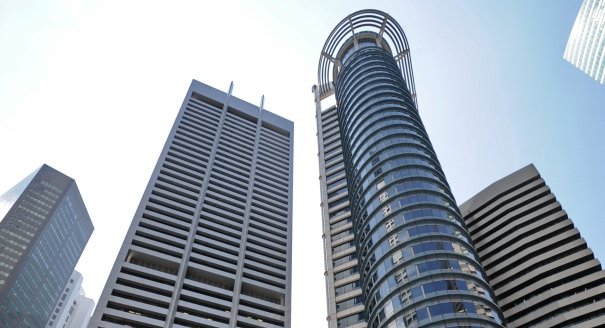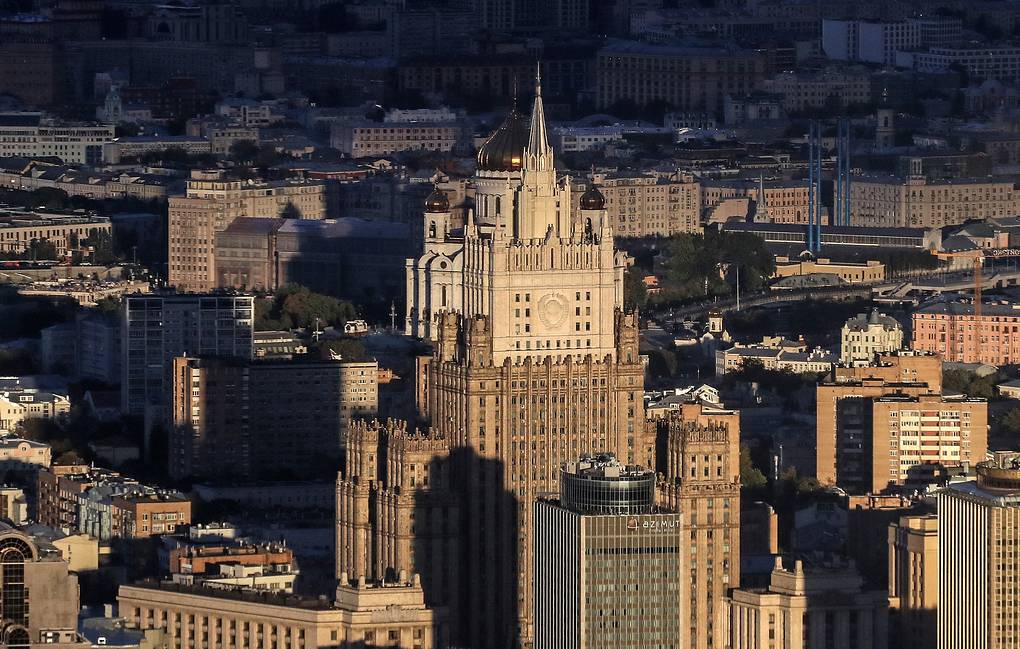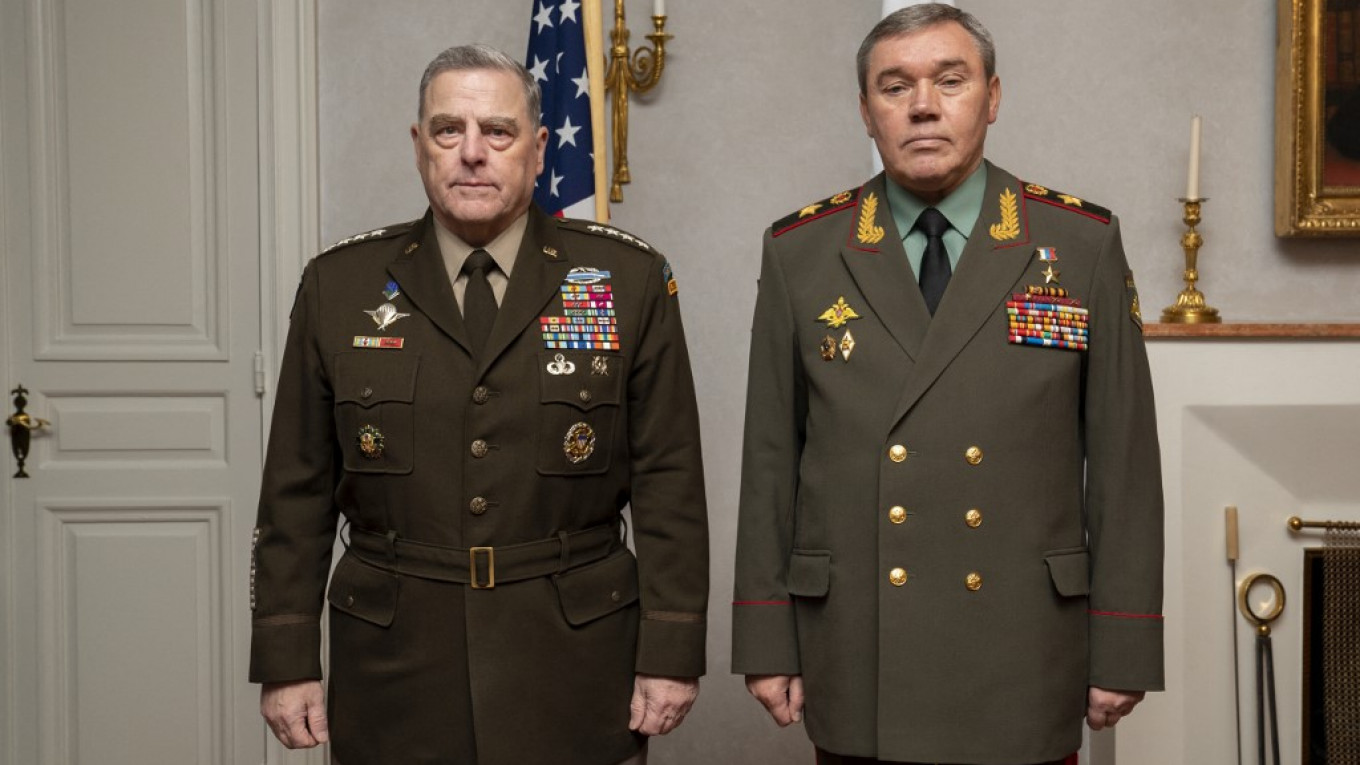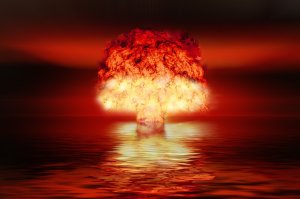
 Russian President Putin promises to make the modernisation of Russia’s infrastructure a priority in the coming years
Russian President Putin promises to make the modernisation of Russia’s infrastructure a priority in the coming years
Vladivostok: Russia’s failure to keep up with its neighbours in building the roads, railways and other infrastructure needed to support growth is costing it dearly, and hindering the regional economy’s full potential, business leaders gathered for an Asia-Pacific summit say.
President Vladimir Putin has promised to make the modernisation of Russia’s infrastructure a priority for the coming years, but the challenges are great.
While China, Japan and South Korea have raced to build high-speed railways, ultra-modern ports and showcase airports — not all of it needed — Russia’s investment in its resource-rich far eastern regions has lagged behind.
Five years ago, it took four to five days to send rail wagons from a Siberian mill to the Chinese border and back. Now it takes seven to 10 days, Paul Herbert, CEO of Ilim Group, Russia’s largest paper and pulp company and the largest soft-wood supplier to China, said Friday in an interview.
Ilim, which has been 50 per cent owned by International Paper since 2007, ships more than 1 million tonnes of pulp and board for packaging to China each year, 90 per cent of it by rail, 10 per cent by rail to Vladivostok and then by ship.
An Ilim rail car crosses into China every 20 minutes on average, through three spurs of the Trans-Siberian Railway. Overall traffic has increased but the switching equipment and rolling stock have not.
The railroad’s capacity has been "constipated by under investment in switching facilities,” said Herbert, who has worked in the industry for over 40 years.
Trans-Siberian
Putin said Russia has been increasing the capacity of its railroads, noting that the Trans-Siberian now ships more cargo than at Soviet-era heights, but he acknowledged that much more needs to be done.
"Our railroads are struggling to cope with the rising amount of cargo,” Putin said in an address to business executives on Friday at the annual Asia Pacific Economic Cooperation summit, held this year in Vladivostok.
He also promised new roads, airports and pipelines in Russia’s east.
"One of the goals in the region is to expand the local energy sector and link it up with energy supplies from the European part of the country, be it hydropower stations or gas pipelines, Putin said.
Some of the missing and lacking connections are a legacy of the Cold War: North Korea, in particular, remains relatively isolated from the rest of Asia, its own infrastructure in shambles.
But both Russian and foreign executives attending a conference on APEC’s sidelines say the costs of those missing pieces are an unnecessary burden both for the economy and for consumers forced to put up with higher prices, less choice and the trials of travelling and living in a region lacking the conveniences taken for granted in most neighbouring countries.
An estimate by the US-Russia Business Council put Russia’s infrastructure needs during this decade at up to $1 trillion (Dh3.67 trillion).
What Russia needs is "Infrastructure, infrastructure, infrastructure,” said Oleg Deripaska, chairman of UC Rusal, the world’s largest aluminium producer. The cost of inadequate or poorly coordinated roads, ports, railways and infrastructure: "Less profit and more time,” he said.
As their traditional markets in Europe languish, Russian businesses are increasingly looking to the Asia-Pacific region for growth.
"We see this in their investment strategy, where they are focused on China and the US,” said David Gray, a managing partner for PwC Russia, which released an annual survey of CEOs in 40 economies.
He noted recent investments in Vladivostok’s roads, bridges and airport in preparation for Apec. "We see what Russia is capable of in a very short period of time when it puts its mind to it,” Gray said.
Close to 40 per cent of those PwC surveyed in Russia cited bottlenecks in transport networks as having a negative effect on their operations, he said.
Siberia needs three times the railway capacity it has, said Deripaska. It also needs better public facilities, such as schools, a "proper customs regime” and incentives to attract an adequate workforce.
The gap between Vladivostok’s housing and public facilities and those in most other major port cities in the Pacific region is apparent on arrival at the newly built but very basic international airport terminal, where arriving passengers must tramp up the stairs to get to immigration.
"Not just pipelines and roads but also airports and hotels and education,” Deripaska said. "In Russia we are just beginning. We rested a long time on our cushion of oil and gas. We need to be competitive and we have to improve efficiency.”
Investment
To pay for such improvements is costly, and Russia has made attracting more investment from its wealthy neighbours a key aim in hosting the Apec summit.
The government has been working to make the investment environment more attractive, said Vladimir Dmitriev, CEO of VEB, a Russian state-owned bank. But much remains to be done in terms of amending laws and ensuring they are enforced fairly, he said.
Meanwhile, to ensure efficiency, prevent duplication and other waste and to coordinate logistics requires national planning.
Apec can play a role, those attending the conference said, in forging regional networks, especially in energy and transport.
South Korea is keen to buy Russian natural gas, importing a bigger share of the 35 million tonnes of energy it buys each year through pipelines, rather than shipping by sea from the Middle East and Australia, said Yang Bong Jin, CEO of Hyundai Energy & Resources.
"Pipeline gas is safer, cheaper and easier to use. All would be beneficiaries,” Yang said.
Korea would also welcome a regional "smart grid” for electricity distribution, to help it use excess supplies from Russia at times of peak demand. Connecting railways from Russia through North Korea to the South Korean port of Pusan would provide greater shipping capacity.
South Korea could also help Russia streamline border crossing procedures, which can be like a "snail line,” Yang said.
Sharing technology
"In South Korea, immigration takes only a few seconds,” he said. Sharing technology to help speed things along could be a "magic wand.”
"Through sharing of infrastructure we may save time and minimize duplication,” he said.
Looking at the decades it took Japan and later China to develop, this will all take time, said Deripaska, the Rusal CEO. "We shouldn’t expect everything should happen overnight,” he said.
John Faraci, chairman and CEO of International Paper, said Russia appears determined to develop the infrastructure needed to attract foreign investors.
"We wouldn’t be investing $1 billion if we weren’t seeing a commitment from the Russian government to diversify the economy,” he said.



_jpg/250px-ElbeDay1945_(NARA_ww2-121).jpg)









